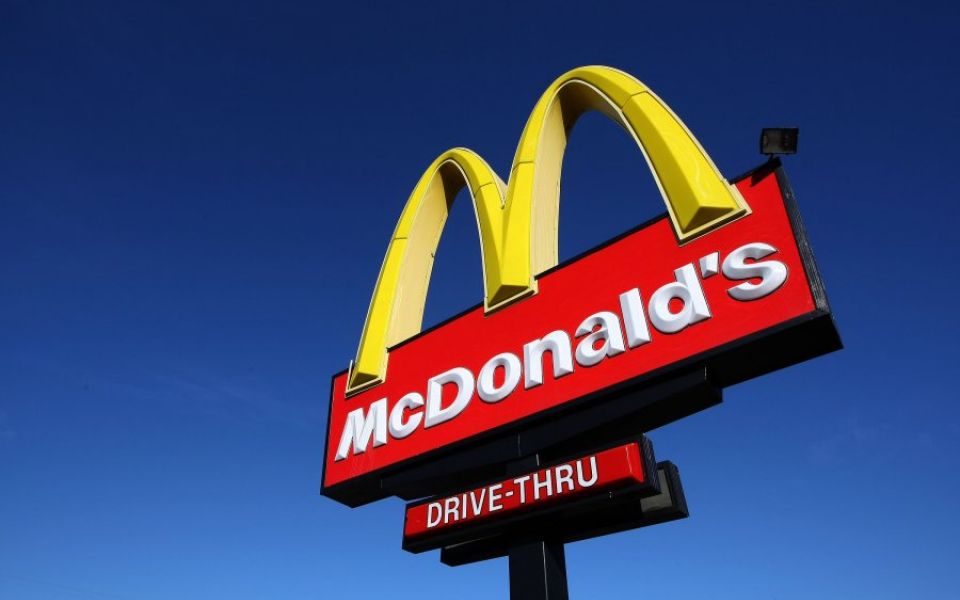EU rules Luxembourg did not give McDonald’s special tax deal

The European Commission has ruled that Luxembourg did not give McDonald's a special tax deal and blamed a “mismatch” in laws for the non-taxation of some of the fast food chain's profits.
The commission's in-depth investigation, launched in December 2015, concluded the tax deal was in line with national laws and the Luxembourg-US double taxation treaty.
The investigation was part of a series of cases against multinationals regarding special tax deals, which has led to Apple, Amazon and Starbucks paying billions of euros in back taxes.
Read more: Ireland finally collects Apple’s €13.1bn disputed tax bill
But the commission said the advantages granted to McDonald's did not break EU state aid rules.
Margrethe Vestager, commissioner for competition policy, said: “Our in-depth investigation has shown that the reason for double non-taxation in this case is a mismatch between Luxembourg and US tax laws, and not a special treatment by Luxembourg.
“Of course, the fact remains that McDonald's did not pay any taxes on these profits – and this is not how it should be from a tax fairness point of view.”
She welcomed legislative steps taken by the Luxembourg government to avoid double non-taxation.
Read more: Starbucks' Europe arm paid just 2.8 per cent tax in the UK
From 2009 to 2015 the fast food chain's Luxembourg-based subsidiary McDonald's Europe Franchising paid no corporate tax in Luxembourg.
An initial tax ruling said the company did not have to pay corporate taxes as its profits would be taxed in the US.
In a second ruling, the Grand Duchy's tax office said McDonald's was no longer required to prove that its royalty income was subject to US taxation.